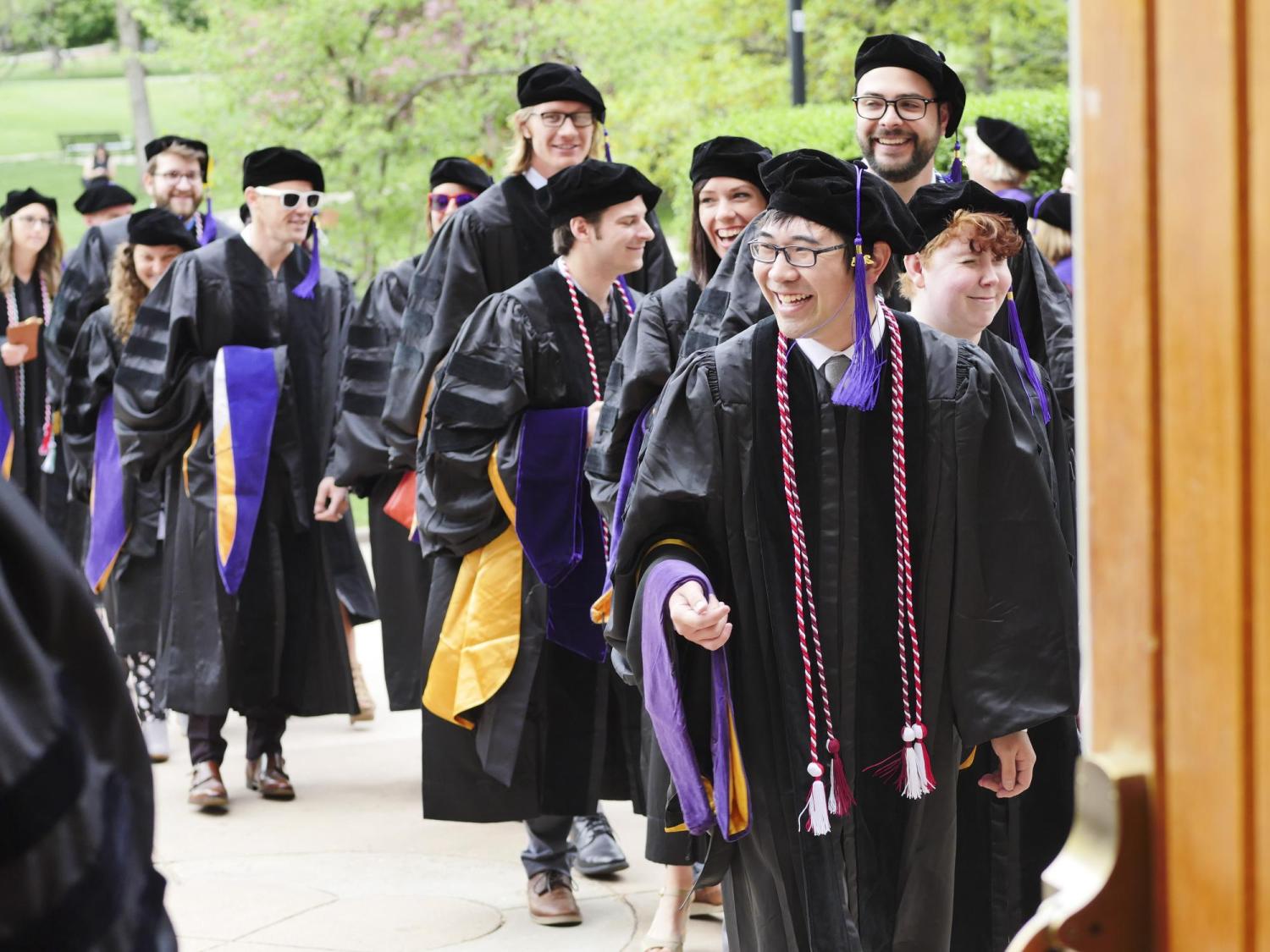Class of 2018 Employment Outcomes Top Decade-High Streak
The University of Colorado Law School’s employment outcomes keep climbing.
Our most recent post-graduation employment data for the Class of 2018, as reported to the American Bar Association and the National Association for Law Placement in April, show that 94 percent of graduates were employed 10 months after graduation. Of these graduates, 85 percent were in long-term (one year or more), full-time, non-school funded jobs for which bar passage was required or a JD degree was an advantage—the highest of any class in 11 years.
Eighty percent of 2018 graduates reported accepting a full-time, long-term, non-school funded job for which bar passage was required—also the highest number in the last 11 years.
These figures put the class at 36th in the nation for overall employment and 35th in the nation for the percentage of graduates in full-time, long-term, bar passage-required jobs.
"As the law school’s largest class in the last 11 years, we are particularly proud of the hard work and determination displayed by the Class of 2018 in achieving these post-graduate outcomes," said Todd Rogers, assistant dean for career development.
Ninety-nine percent of employed graduates reported a salary. The private practice (law firm) mean salary was $95,597, the private sector mean salary was $90,517, and the public sector median salary was $57,061.
Public interest careers continue to be a viable option for Colorado Law graduates, including indigent criminal defense. The Loan Repayment Assistance Program (LRAP) provides partial loan repayment assistance awards for many graduates working in public service jobs. The program approved 61 LRAP awards of $5,500 each for qualified applicants during the most recent LRAP application cycle.
2018 graduates entered into positions in Colorado and across the nation. A breakdown of where employed graduates are working is as follows:
- 41% law firms
- 18% judicial clerkships, including federal, state appellate, and state trial court
- 15% government
- 11% business, including CoBank, DISH Network, Medtronic, Molson Coors, T-Mobile, and Xcel Energy.
- 10% public interest, including 16 graduates working for public defender offices
- 3% law school-funded fellowships, which include working for judges and government agencies
- 2% education
A full summary of the Class of 2018 employment data is available here.



